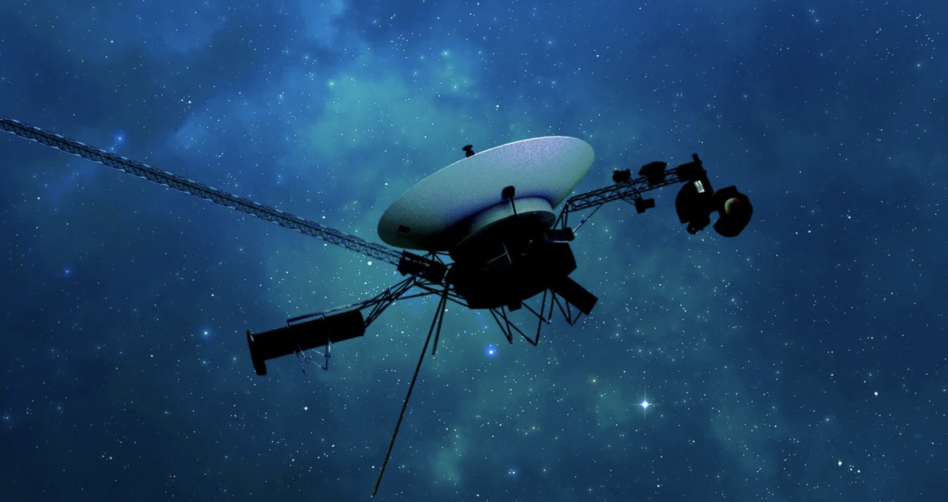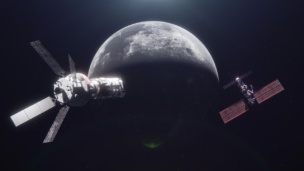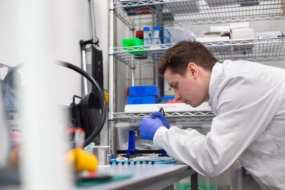NASA JPL engineers worked their magic once again, re-establishing comms with the 46-year-old Voyager 1 spacecraft after five months of radio silence.
Old man Voyager 1: The spacecraft, which launched in 1977 on a five year mission, has far exceeded its original goal of imaging Jupiter and Saturn, venturing all the way out to interstellar space.
When Voyager began ghosting NASA late last year, engineers faced the uphill battle of managing a 22+ hour interstellar radio signal delay and troubleshooting a computer built in the 1970s.
The issue at hand: NASA traced the Voyager 1 comms issue back to one of the spacecraft’s three ancient computers, the flight data subsystem (FDS), which is responsible for preparing data before it is transmitted home.
- Corruption in 3% of the FDS memory led to the outage.
- To address the issue, NASA devised a workaround to chop up the code and move it to other locations on the FDS memory.
On April 20, the team received a return message from Voyager 1 confirming that the workaround had been successful and that the spacecraft was free to send back health and wellness reports. NASA will now work to also retrieve Voyager 1’s science data.
The legend of Voyager 1: The spacecraft has logged a long list of achievements, including photographing Jupiter and Saturn’s systems, taking the iconic Pale Blue Dot picture, becoming the first human-made object to reach interstellar space, and holding the distinction of farthest terrestrial built object from Earth.




